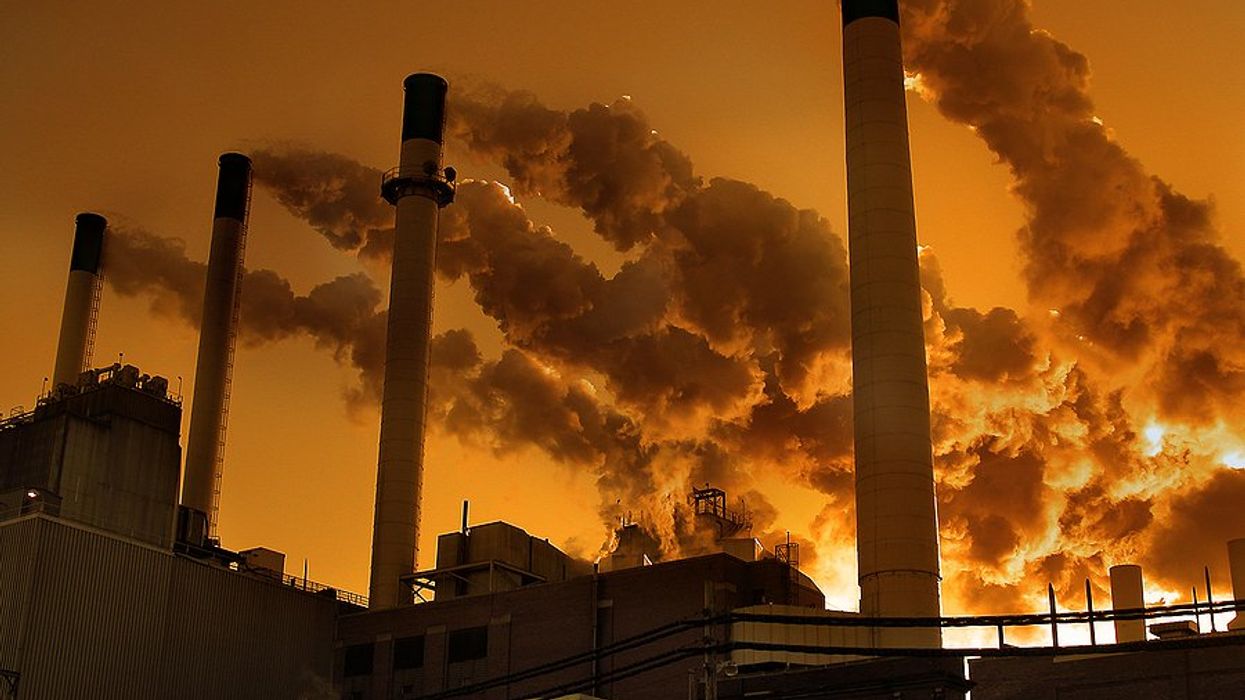A recent study published in Environment International examined concentrations of endocrine disrupting chemicals (EDCs) in the breast milk of new moms from 20 Chinese cities.
In short:
- In 19 cities, newborns’ ingestion of EDCs through breast milk exceeded safe exposure levels.
- Five EDCs - including multiple parabens, BPA, and triclosan - were detected in over 50% of the breast milk samples tested.
- The authors note that the results also point to additional sources of exposure beyond breast milk, and highlight that many lifestyle factors can expose new moms and infants to harmful chemicals.
Key quote:
“It is worth noting that breastfeeding has a lot of proven benefits, and the study findings reported here are only one of the factors worth considering when mothers decide to breastfeed their children.”
Why this matters:
Breast milk is an incredibly beneficial source of nutrition for infants, and has been shown to reduce the risk of health issues like infections, obesity, diabetes, and asthma. While this study focuses specifically on breast milk, it’s important to note that other research has found evidence of EDCs in formula and baby food, and that exposure can also occur in the womb. Because nutrition is such a crucial factor in the healthy development of babies, the authors of this study call for further research to better understand and mitigate the effects of EDC exposure.
Related EHN coverage:
- PFAS may reduce the nutritional quality of breast milk
- Unregulated toxic chemical found in breast milk for the first time
- Biden's baby formula trade policies put corporate interests ahead of public health
More resources:
- SafetyNEST provides resources on how to reduce environmental exposures while pregnant and at home.
- American College of Obstetricians and Gynecologists: Reducing Prenatal Exposure to Toxic Environmental Agents
- ‘Disturbing’: 25 types of toxic flame retardant found in US breast milk ›
- Seattle study of breast milk from 50 women finds chemical used in food wrappers, firefighting foam ›

















